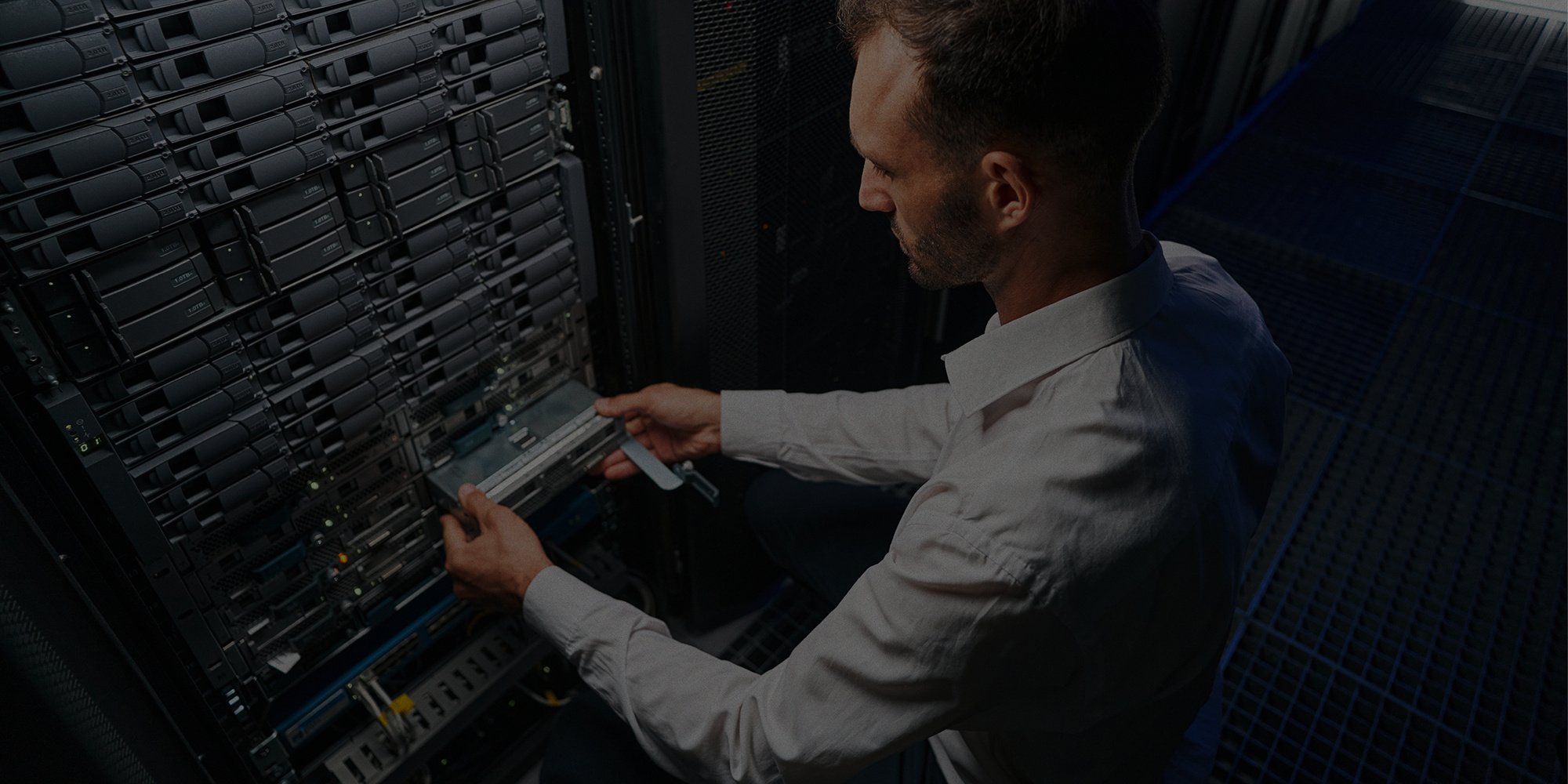The Workaholics Guide to Relaxing on Vacation

Are you so used to over-functioning in your daily life that it seems impossible to find time for some rest and relaxation? Does the idea of planning a vacation sound more stressful than staying at work? If so, you may just be a workaholic.
Whether you think you’re a functioning workaholic or just in denial, your career and well-being will benefit from letting off some steam and catching a break from your daily routine. The constant cycle of exhaustion could be killing you and your productivity, and your body physically requires a recharge from the stress.
After months of complaining to coworkers that you need a vacation, you have finally made the move and put in for some PTO (paid time off). Now, you plan. According to a study published in the journal Applied Research in Quality of Life, the joyful anticipation of planning a trip provides happiness in and of itself.
In order to plan a relaxing vacation, here are our tips to help you switch off your “work brain” and actually unwind.
DON'T OVER-SCHEDULE YOUR VACATION (OR SKIP THE SCHEDULE ALTOGETHER)
Sometimes our vacations don’t serve the one purpose they’re supposed to serve: to help you take a load off. If you want to avoid saying “I need a vacation from my vacation,” don’t over-schedule your down time. The secret to a truly restorative vacation is to do the opposite of what you would normally do at work — under plan. Schedule one activity for the day, and allow the rest of the details to fall into place as the day goes on.
If your goal is to rest, choose a destination that is low-key and has a slower pace of life than what you’re used to. This may mean skipping the two-week trot across Europe and selecting the beach destination instead. No matter what, there are hundreds of locations that will help you feel more relaxed than you could ever feel at home.
HAND OVER IMPORTANT TASKS
A good way to make sure you can truly let go and enjoy the duration of your vacation is to give your colleagues responsibility of any important tasks that need to be handled while you’re away. In addition to planning what you know will happen, you should also plan for what could happen. Take the time to type up what is to come and sit down with your colleagues for a high-level overview. If you do, you can rest assured knowing your tasks are in good hands and you won’t be returning to a pile of work.
SAVOR EVERY MOMENT
Your vacation is for you, not for your followers or friends on social media. In order to fully immerse yourself into full relaxation mode, put down the phones and the laptops, and enjoy the memories you are experiencing. Not only will you miss out on memories if you’re constantly looking at your phone, but research shows that you remember more about an experience through living it — as opposed to through photos and videos. Having pleasurable experiences are important to maintain happiness after your vacation is over.
TAKE TIME FOR YOURSELF
Lodro Rinzler, chief spiritual officer and co-founder of MNDFL in New York City, says, “For many of us, the fact that we’re physically and emotionally unable to relax during the week takes a toll on our bodies. We need to walk away from our work life for a bit in order to recharge and come back to full health.”
Needless to say, an important part of taking a vacation is spending for yourself, which sometimes means planning something to do separate than friends or family. Your internal FOMO needs to be put on hold while you re-energize your brain and body. Remind yourself you need a vacation and that you should not feel guilty for taking time to be by yourself.
EASE BACK INTO REALITY
Ultimately, your vacation should have a lasting impact of happiness on your life. In order to gain the full experience of relaxation without returning to a cluttered mind, allow some time in between your trip and returning to the office. Instead of coming back Sunday night, book a Friday or Saturday flight to leave time for re-adjusting to your regular routine. Also, try to avoid scheduling meetings or major tasks on the day of your return to work. This will allow you to spend your first day back answering emails and handling important tasks.
Taking time for yourself is one of the most important ways to stay healthy as a full-time, working professional. Even if you’re a very busy person, a vacation can help you come back to work with fresh eyes and a fresh mind. Put a loose plan in place, unplug, find inspiration, and relax — it just might be one of the best things you’ve ever done.
Related news
Exploring the Security of Phones in the Workplace
Are you the kind of person who can’t go more than five minutes without swiping to unlock your...
5 Career Fair Tips from Recruiters: How to Stand Out
Whether you’re out of work or are looking for your first job, career fairs can be a great resource...
How to Buy a Smarter IT Maintenance Contract
When it comes to the equipment that runs your business, it’s vital that it performs at the highest...






